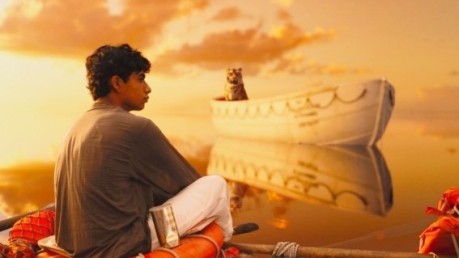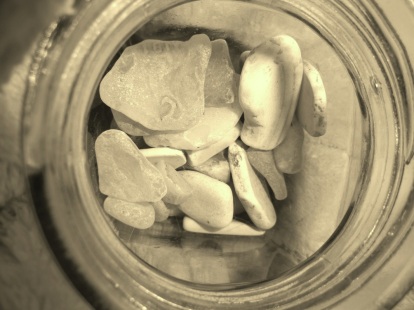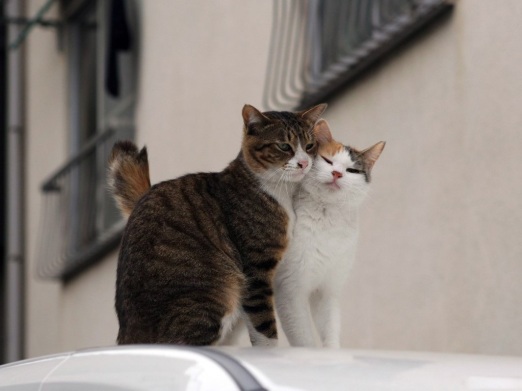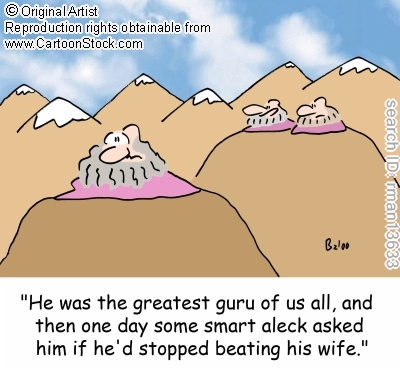This is it.
I have had plenty of time to make sense of things that happened to me recently. And today I find myself sitting down at my cozy home, typing my blog post while listening to Chopin, after a long day commute to Sydney to see a travel doctor. Yes, I am going to travel again, overseas.
Looking backward and connecting the dots, I realise that it is a fact that miracles happen. Whether they are the results of my renewed perspectives or persistence, or an act of god, it does not matter at all to me now. I am a result-oriented person, so I do care about the result. See, there is a stark difference here: when we focus too intense on the process we tend to lose our perspectives beyond the horizon. And we pool our energy to improve or rectify the process, making friends and foes — sometimes without being flexible to allow external pressures to interfere with the process and turn the pressures into advantages to help us fulfilling our purposes. I was the one who really cared about the process without realising from early on that there are successes and failures during the process, until I came to believe that I did not have enough reason to continue living due to constant failures. That was the un-enlightened me. The process, as I believe it now, is not the destination.
So I was an inch away from taking my life, during one of those hot summer days in mid January. Something really happened that stripped away our (I+husband) pride, our initial hope and our belief that we were able to make it big in Australia (read: to be able to settle down and live happily). There were events that we did not anticipate earlier, and we were reaching our wits’ end. I have been looking high and low for job in Australia, and found that just as the clock struck midnight and 2013 came in, the country is taking a nosedive into recession. People lose their jobs everywhere and companies are closing down. Seriously I have never seen something like this or felt the impact of a recession. The fact that people can survive without job is because Australia is a welfare country, so the unemployed gets government support. What made me stay alive amid the huge frustration? A faint belief that there must be an end to it so I was determined to wait until the end. If at the end I was supposed to die, I was prepared anyway. So why not stay around for awhile?
I wrote last year that I went on a training to get back to humanitarian work. On 11 January (note the date :-)) I sent my CV to the nonprofit organisation here in Victoria where I am currently listed as a standby register for emergency operations worldwide. Within hours, they decided to send my CV to their partner agency, a United Nations office in the Philippines. On 24 January, I received confirmation of my deployment to the Philippines for the next six months. I didn’t know why it took more than two weeks to decide on my appointment, as the organisation said, this UN office was usually quick in making decision. Later I found out that the UN office called my former boss in Geneva, who gave a positive referral for me. How’s that for a miracle? There are few things that I could not control, like the outcome of my application, but I followed the process religiously though. They say, luck is when preparation meets opportunity — believe me, I do prepare well for this; including attending some trainings and following a lot of protocols. Most notably, I volunteer with this UN office a long time ago for a good 18 months whereby I didn’t receive any salary or allowance or status or whatever. Now probably someone with a kind heart thinks it’s time to pay me back, in a truly positive sense. And this help really comes at the crucial time when we need it the most. It was a relief and at the same time, renewed my belief, that faith is like an anchor to my soul — it keeps me steady when the water gets rough and the circumstances change. As at today, I see that everything about this work and my trip just fall nicely into places.
So I will always remember to have faith in the good things that comes out of every bad situation. Have faith in someone who is doing something good for me. Have faith that the Universe is taking care of its own affairs, and mine too. Have faith that there must be an end to every circumstance though the journey/process may not be easy.
As a reward for my persistence and a successful outcome, my husband bought me an LG Nexus 4 smartphone! I am still in the honeymoon period with my Nexus 4. I am “shaping” the phone to become a tool that will help me with my daily activities. This is my first Android smartphone, before this I was using an old Nokia that can do basic things. Now that I am back to a mobile life, I need something more powerful to organise my daily life, and assist me in my work. I never cease to be amazed by people who spend a lot of money for the latest smartphones, but only use maybe less than 50% of their functionalities to support their lives (most common activities included making phone calls, sending messages, Internet browsing, social media interactions). I need a portable (and reliable hopefully) personal assistant, that’s why I get myself a smartphone. In fact, the phone can also talk back to me (it has the voice function that allows me to give order, including typing messages etc). And I think I made the right choice, at this moment, with my current circumstances.
BOOYAH!


















